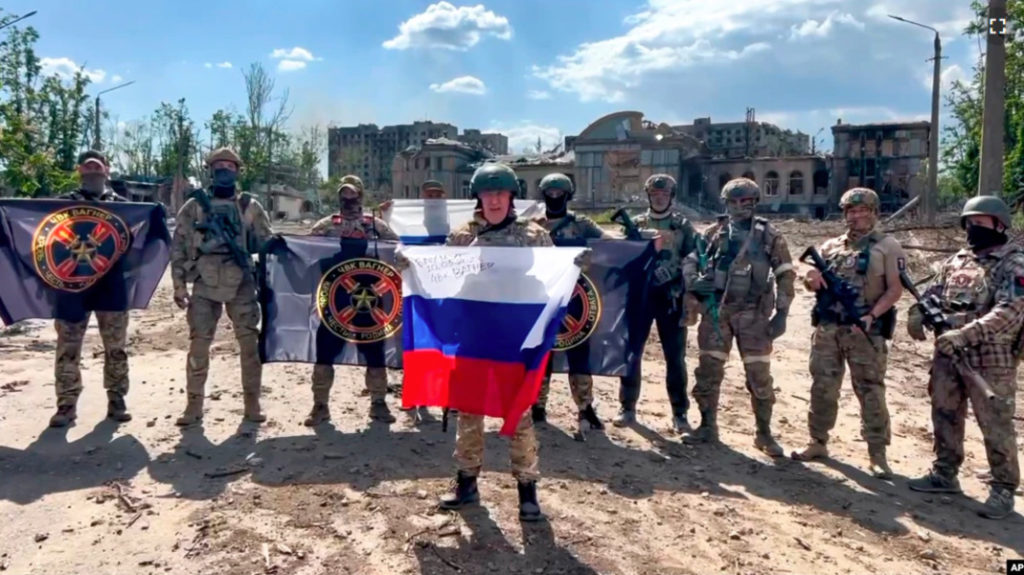After the well-known “March on Moscow” that took place on June 23-24 this year, it was announced that the “Wagner Group” is being relocated to Belarus. A camp with a capacity of 8,000 places has been set up near the town of Osipovichi, where mercenaries will not only train themselves but also prepare Belarusian military personnel, and they are already present at the training grounds. What lies behind the decision to transfer the most notorious Russian PMC to Belarus? Despite the previously announced intention by Prigozhin to deploy Wagner’s forces to Africa, a traditional place of service for Russian mercenaries, it is evident that Europe has received a new hybrid threat. This refers to the neighboring countries of the EU and NATO: Lithuania, Latvia, and Poland. For the Kremlin, there was no logical necessity to move mercenaries to Belarus since the number of military training grounds and potential recruits is much higher in Russia itself. Putin aims to move an army of well-trained killers closer to Europe’s borders — in case of need, they will become an instrument of destabilization of the EU and NATO’s border territories. Russian private armies have already become a military phenomenon — small, compact, well-armed formations that are not part of regular troops and can more effectively carry out combat tasks, especially in urban warfare conditions. Such groups can also employ terror as a method of warfare and commit war crimes to provoke panic and demoralization among civilian populations. A notable example is the public execution of a Syrian deserter on camera, carried out by several Wagner mercenaries, who brutally tortured, beheaded, and burned their victim, posting the video online. “Wagnerites” are not part of the Russian army, and their legal status is undefined. Thus, in the event of a hypothetical invasion of Russian mercenaries into the border areas of Poland or Lithuania, the question arises about the possible application of NATO’s Article 5. Mercenaries will pose a hybrid threat to Europe and can conduct breakthroughs using small reconnaissance and sabotage groups. As a result, the invasion of Russian mercenaries will cause a shock effect and may lead to catastrophe. Additionally, mercenaries can be used to capture various infrastructure objects — Putin’s interest may extend to the Rivne Nuclear Power Plant. It should be noted that Wagner mercenaries participated in the capture of Solntsevskaya Mine in the Donetsk region. Thus, they can be utilized to potentially seize similar objects in Ukraine and neighboring European countries near Belarus. The West has long been skeptical of Russia’s aggressive intentions, and now it faces a hybrid threat at its borders. NATO, as a key military organization of the modern world, must take steps to timely respond to such a threat. Military contingents in the Baltic states and Poland should be increased. Ukraine, which also received such a threat at its northern borders, must obtain necessary armaments — the only way to stop Russian mercenaries. Additionally, the border between the EU and Belarus must be strengthened — given the scale of the Russian threat, the West must do everything possible to prevent terror on its territory.
“Wagner Group” in Belarus: Is Putin preparing for an invasion of Europe?

Enter
